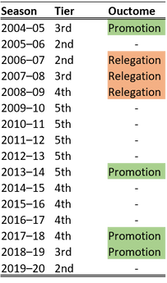
Back in 2020 and in again 2022 I wrote about the emergence of Luton Town. The 2020 piece (here) contained the table aside showing how the club had experienced various promotions and relegations through the past 20 years.
On Saturday, the Luton story reached new heights as the club won the Championship Play-Off Final (Tier 2 of English football) and will next season play in the Premier League for the first time.
The game was nostalgic for me as it brought together two teams that hold special places in my football memories. Coventry City were the first team I remember winning the FA Cup (1987) while Luton Town were the first club I remember winning the League Cup (1988). Coventry had spent some time in the Premier League in the 1990s and early 2000s, while Luton had been relegated from the top flight of English football the season before the Premier League started. They finished 3rd from bottom on 42 points, but were 2 points behind 17th placed Coventry City!
Having been outside of the Football League as recently as 2014, Luton Town's rise is remarkable. Four promotions since 2013/14 will see them next season play against clubs such as Manchester City, Liverpool, Manchester United, Arsenal, Tottenham and Chelsea.
But football is a zero-sum game in many respects. There are many clubs right now that may consider themselves a "Luton Town" of ten years ago. In 2022, I mentioned Oldham Athletic. At the end of the 2021/22 season, the Latics became the first club to leave the Football League having once played in the Premier League - from 1992 to 1994.
While Ryan Reynolds and co. were turning the National League into Holllywood this season via Netflix, Oldham were also competing in this league. The club finished 12th. Having been elected to the Football League at the end of the 1906/07 season, their 104th place finish in the pyramid of English football is the lowest ever.
But as I said last year "those involved should take some comfort from Luton Town. Anything is possible".
The same continues to hold. Brighton and Hove Albion will play in the Europa League next season. In 1997 the club sold the Goldstone Ground (home stadium) to cover debts. Anything is possible.
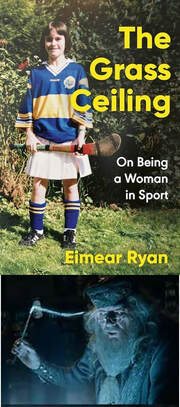
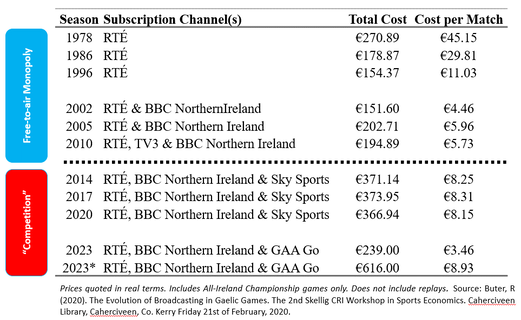
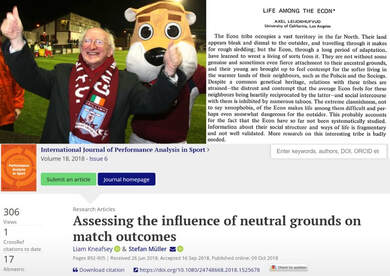
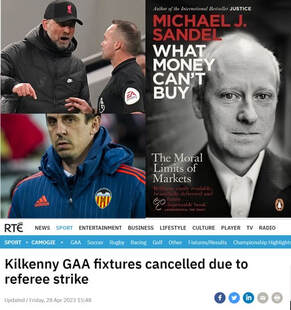
 RSS Feed
RSS Feed